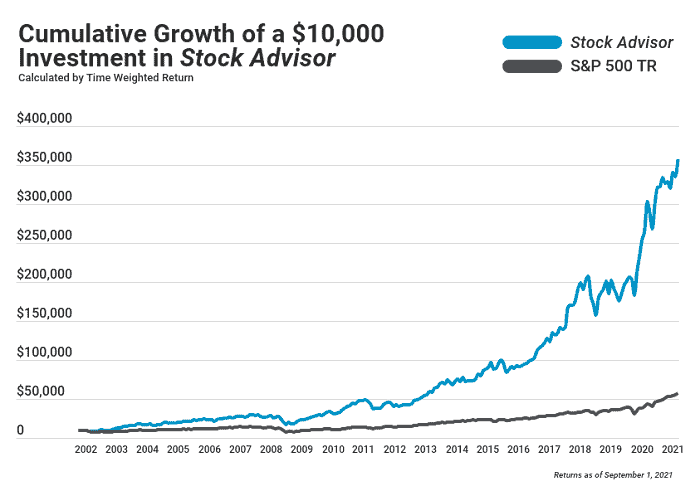

Also, the non-auto business grew 20% a year between 20.īosch recently launched the energy solutions business, which signals intent to expand the non-auto business. Other factors are pricing power in fuel injection systems and spark plugs, rising demand for diesel vehicles (55% sales in 2012-13), wide product portfolio which insulates the company from cyclical factors and long relationship with major original equipment makers.

In this it has been helped by fast growth in demand for tractors and commercial vehicles and introduction of the anti-lock braking technology in 2010. It was at Rs 10,087 on 31 December 2013.īosch, a global leader in diesel fuel injection technology, commands 80% share of the domestic diesel systems market. Its stock has been rising by 20% a year on an average for the last 10 years. In view of the sharp rise over the last five years and expected earnings, we believe that the risk-reward equation is not favourable for investing in the stock at current levels."īosch is a leading supplier of technology and services in the areas of automotive/industrial technology, consumer goods and building technology. While earnings growth of 15-20% can continue to push up the stock, the risk of negative earnings surprises has increased due to moderation in consumption growth. Valuation re-rating is not likely and hence our base case scenario is 15% rise in the stock price. "The current valuation of 10 times the book value and more than 26 times forward PE is high and factors in all the positives. It is expensive as the industry PE is just 16.50. On March 31, the stock was at Rs 708.50 with a PE ratio of 27.05. This has helped La Opala to also deliver fantastic returns," says Gokul Raj. "Leaders of niche consumption segments that have been able to grow fast over the past five years have been re-rated. Ebitda, or operating profit, is earnings before interest, tax, depreciation and amortisation. The Ebitda to capital employed ratio has shot up from 15% to 50% over the last five years.

The stock has undergone a sharp re-rating, especially over the last three years, due to improvement in the quality of growth. The reasons are higher utilisation of the recentlyexpanded capacity and rise in exports. Gokul Raj expects 15-20% annual revenue and profit growth over the next five years. The latter is due to high margins and capacity utilisation (fixed asset turnover has improved from 1.7 times to over 2.6 times over the last decade). While revenues have been growing at 16% a year, operating profits have been rising at 32% a year. "The exceptional returns of the past decade are a function of strong earnings growth and valuation re-rating," says Gokul Raj. "But the stock is trading at a slightly high PE multiple," warns Shetty. The management has cut revenue growth guidance for the financial year from 22% to 20-22% and volume growth guidance from 12% to 9-10% because of weak demand. The stock has risen 43% since October 2013 in spite of the company reporting weak numbers in the second quarter. On March 31, the stock was at Rs 499 with trailing 12 months price-toearnings, or PE, ratio of 22.52 compared to the industry average of 14.98. "We feel the company will be able to at the very least maintain its current growth rate for the next five years provided oil prices do not rise much and India's economy recovers," says Shetty. The company, say experts, looks like a good bet considering its history of efficient capital allocation, excellent distribution network, good brand recall, decent record of developing products and an innovative product line-up. The strong balance sheet had Rs 22.76 crore cash in hand and bank in June 2013. The return on equity, or RoE, rose from 9.40% in 2003 to 37.79% in 2013. It reported a net profit of Rs 272 crore for the year ended June 2013 as against Rs 97.39 crore for the year ended June 2009. Supreme has been increasing net profit at the rate of 22.8% a year on an average for the past five years. "Supreme Industries' decision to move from commoditised products (which can be easily produced) to technologically-advanced products has contributed to its outstanding performance over the years," says Jaipal Shetty, research analyst, Maximus Securities.


 0 kommentar(er)
0 kommentar(er)
